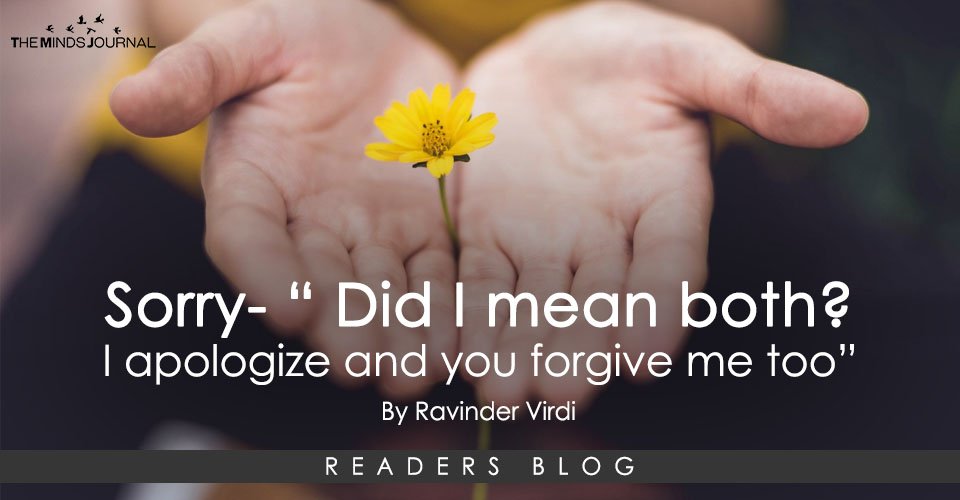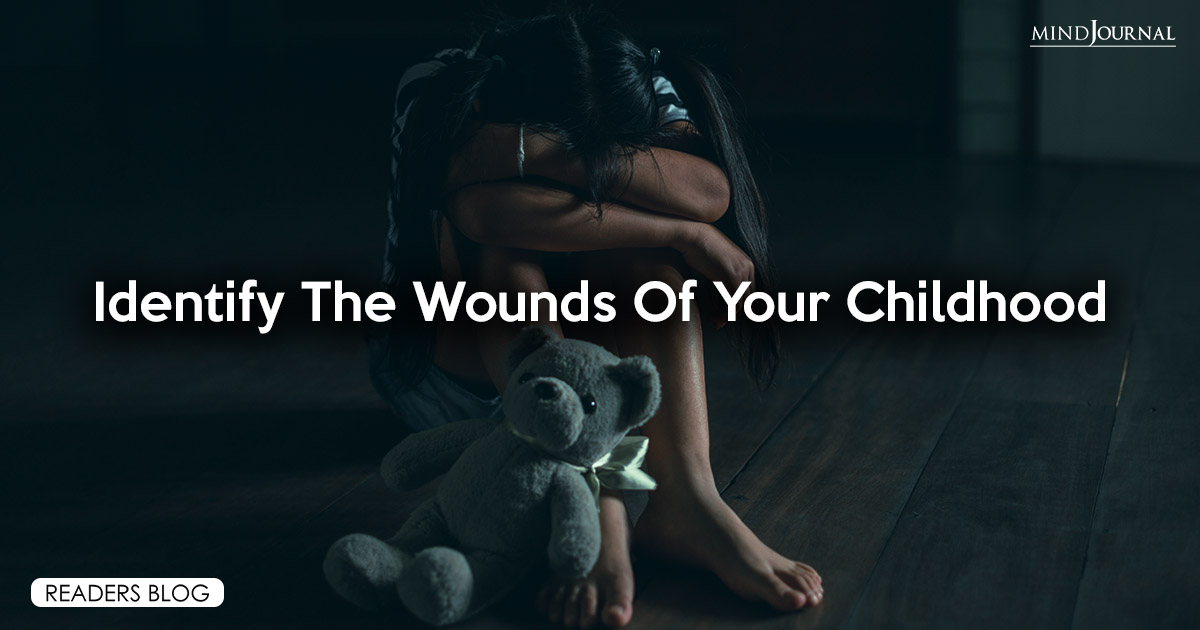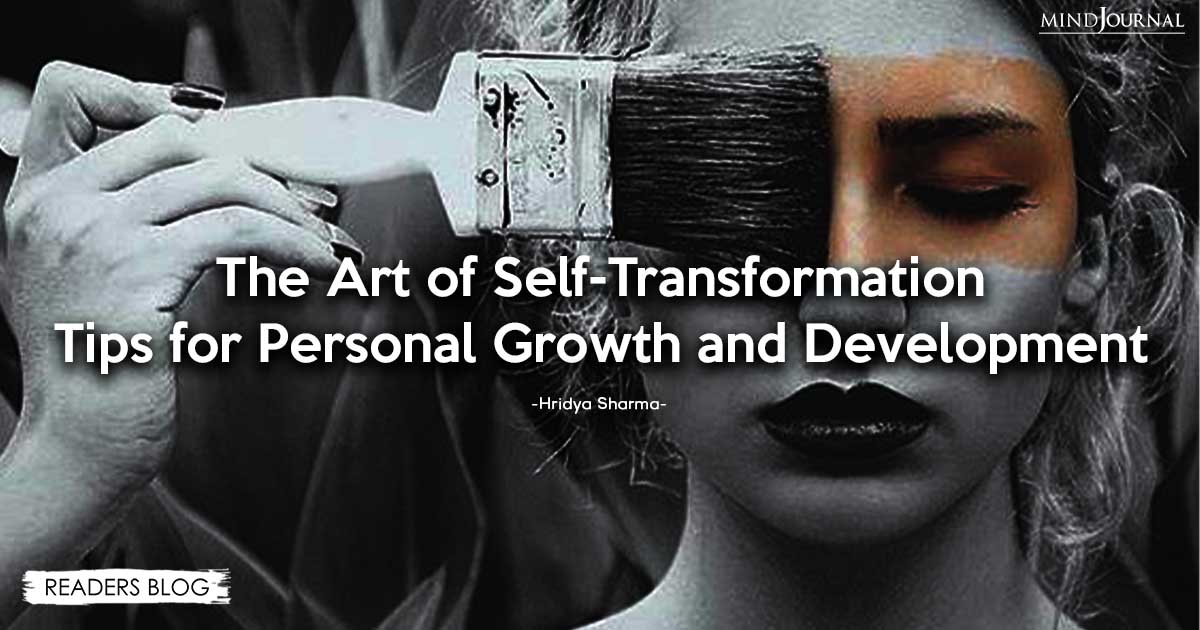According to Merriam Webster “Sorry” means a feeling of sorrow, regret, or penitence. Our mind is conditioned to words like Sorry, Apologise and Forgive which implicitly would mean “I shall Improve from now on and not repeat the offence” but there are lot of beliefs due to which these words have lost the shine in our society. These words are no more having the depth or gravity of what they meant. They are freely used as quick fix to lot of problems today. Sadly, this is the reason same problems get repeated in relations or with your loved ones.
An apology (sorry) should involve an expression of sorrow. But it is not always true especially if you observe the genuineness of apology. A determination not to repeat the offence is another criterion of the sincerity of an apology. In normal circumstances, I cannot sincerely apologize for being rude to you and then immediately repeat the offence. Plato’s famous Socratic dialogue, “The Apology”. And then you see that Socrates doesn’t sound all that apologetic. Few questions that I often ask myself and have got answers to it through my “Life Lessons” are
– What the difference is between saying sorry and repenting.
– Are they just rituals Or do they have to be sincere to really be apologies?
– And is it really an apology, if the behavior of the apologist doesn’t change in relevant ways?
– Should you always accept an apology?
– Does doing so mean your forgive? Forget? Or both? Or can you accept an apology and still try to get even?
Let’s discuss the above questions based on situations. Am sure this discussion would open the doors of self-awareness (i.e. as much as you do outside for your body so should you for soul inside)
Many times it is very indicative that in a conversation one has won (i.e to whom sorry was told) and other lost the battle (i.e the person who had to say sorry). In such cases sorry is threatening and brings a dent in relation and may lead to two people never crossing the paths again. Bottom line though sorry was said sincerely, the other person took it as an explicit authority to get the “Sorry” and let the person down with his selfish behavior of demanding sorry.
“Sorry” when used as a temporary fix to problem is evidently a non sincere apology and there is a likelihood of offence to be repeated. So when offence is repeated, this time he/she would say I am “Really Sorry” and yet again they would repeat and again say “I am really really sorry, I hurt you”.
Very Regular Situation Faced By All – Sometimes sorry becomes very demanding as the moment someone says sorry, he/she starts expecting to be “Forgiven”. Hence if you say “I forgive”, both the parties stay with thought that problem is amicably and softly settled with these words. The game changes if the person A (to whom sorry was said) does not accept sorry or does not forgive person B (one who said sorry). People start looking at person A who was supposed to forgive or accept apology as culprit for no reason and forget the person B who did wrong and was asking sorry immediately. Most of the time person A is badly hurt and does not want to accept apology. He might accept it after some time but not immediately.
Acceptance of sorry will automatically happen once offence is never repeated as well as person B takes time to explain all the circumstances during which offence was done. By mere saying sorry or using the word “Sorry” you are putting a quick fix and that is the reason it is not taken seriously. And by saying sorry you are forcing other to accept your apology, which he does not want to at the moment. So it does not mean that he is bad or harsh. He is simply hurt and does not want to forgive, so forcing him to forgive would mean doing it superficially and not forgiving in real.
But what I understand is, there is far better way to express your repentance and get rid of these cliche words – Sorry, Forgive and Apologise. So stop saying these words and try saying “I WILL IMPROVE” to replace the word “Sorry”
Use – “I WILL IMPROVE” instead of “SORRY” to create a WIN – WIN situation in your Life.
Firstly; it is an extremely positive statement to hear – ”I will improve”
Secondly; this line signifies that onus is on offender to take action(to improve or not repeat offence) versus when we say sorry we are expecting the other person to accept sorry and forgive too.
Thirdly; when offender commits by saying “I will improve”- makes it very assertive and authentic and it comes true from heart. Also now he knows that he needs to action it and then the other person who got hurt by him will feel better. By mere saying Sorry there is never a guarantee of actions to improve but definitely the person from whom Sorry is being asked feels obliged to accept or feels trapped emotionally and finally accepts the sorry and forgives.
I would always and always prefer to say “I will improve” and would not expect the other to accept my apology or forgive me. So Keep widening the spectrum of your learning to remove blocks of limitation within you. Don’t be Sorry in words; be Sorry from Heart. Don’t “Forgive” by words but forgive when you are ready to overcome your hurt and bad emotions.








Leave a Reply
You must be logged in to post a comment.